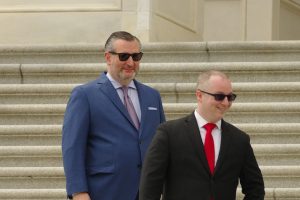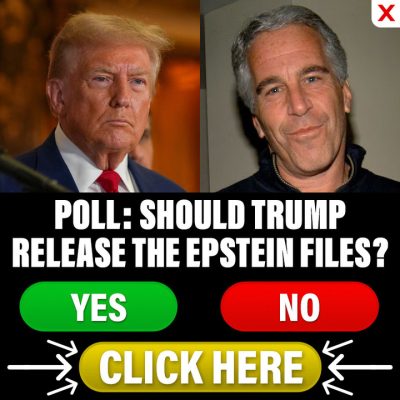NEW: Ted Cruz Set To Gain Powerful Position On Capitol Hill
Long a lightning rod for partisan debate, Senator Ted Cruz (R-TX) is on the verge of wielding sweeping authority as the incoming chairman of the Senate Commerce, Science, and Transportation Committee. Fresh off his reelection victory, Cruz is set to leverage this powerful position to shape the nation’s regulatory landscape, with Republicans now in control of the Senate.
The committee’s purview—spanning telecommunications, transportation, and energy—offers Cruz a stage to champion his vision of limited government and unfettered markets. From regulating commercial space exploration to confronting antitrust issues involving tech giants, the committee will give Cruz a high-profile platform to advance his legislative priorities.
“Being the chairman of the commerce committee comes with an incredible amount of power,” said Kevin DeGood according to the Houston Chronicle. DeGood is the director of infrastructure policy at the Center for American Progress. “Their mandate is so wide, Sen. Cruz could hold hearings on almost any topic he likes and use that to advance his own conservative agenda.”
During his victory speech in Houston, Cruz made clear his intentions to pursue a bold agenda. “We must defend our God-given rights, not some of them, not most of them, but all of them,” he said. Border security, energy independence, and what he calls “Americans’ freedoms” are at the forefront of his platform.

WASHINGTON, DC – April 18, 2024: U.S. Sen. Ted Cruz (R-Tex.) and a staffer stand on the U.S. Capitol’s Senate steps.
“Senator Cruz has brought a lot of attention to the power of the tech companies on our lives,” said Cody Venzke, senior policy counsel at the ACLU. “But we don’t always see eye to eye. One of the things reinforcing tech’s power is how they’re abusing our data, and Sen. Cruz’s success as chair will hinge on addressing that.”
Throughout his time in office, Sen. Cruz has immersed himself in a series of legislative endeavors. He notably championed the Federal Aviation Administration (FAA) Reauthorization Act, a critical bipartisan measure designed to bolster air safety and enhance traveler services. The act, which sailed through the Senate with an overwhelming 88-4 vote, introduces several key improvements, including the expansion of air traffic controller ranks, the integration of advanced technologies to avert runway incidents, and the installation of more durable cockpit voice recorders.
Beyond aviation, Sen. Cruz has also scrutinized federal expenditure on infrastructure undertakings. In June 2024, he spearheaded a call for a probe into the Biden administration’s promotional activities surrounding its 2021 infrastructure law, suggesting these might contravene the Hatch Act. According to Cruz, the display of signs that attribute infrastructure projects to President Joe Biden smacks of taxpayer-funded electoral advertising, thereby turning a legislative achievement into a political tool.
Energy policy is another area where Cruz’s influence could be transformative. A staunch defender of Texas’ oil and gas industry, Cruz has frequently clashed with federal climate initiatives. He has criticized proposals to limit offshore drilling in the Gulf of Mexico, calling them a threat to national security and domestic energy production. Cruz’s focus on deregulation aligns closely with his broader conservative ethos.
Commercial space exploration also stands to be a major focus for the committee under Cruz’s leadership. With companies like Texas-based SpaceX leading the charge, the committee will weigh in on policies governing space debris, satellite operations, and lunar exploration. “His position will be incredibly important,” said Mike French, a consultant for space companies. “There’s belief it’s a good idea to have Congress more formally weigh in if we’re going to be on the moon. But there’s just a lot of different levels of what this framework could look like.”


